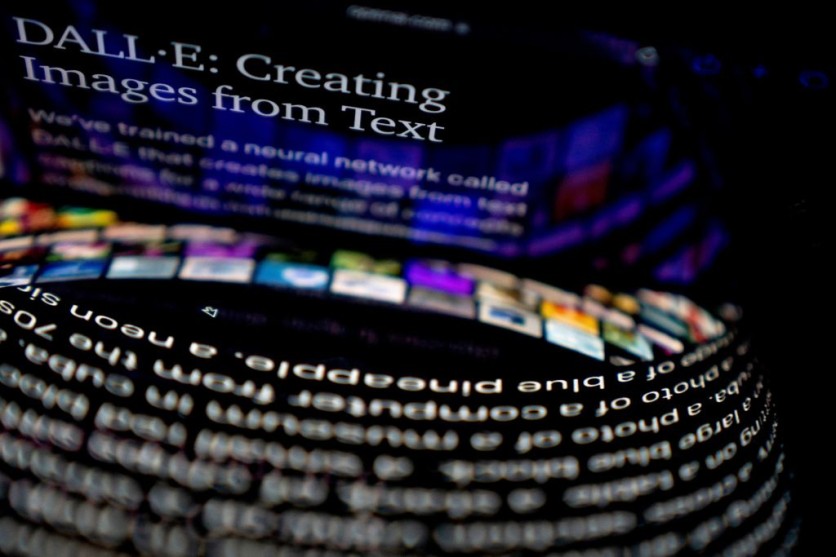The European Central Bank (ECB) presented research on Tuesday showing that fast AI integration is producing employment, particularly for young and talented workers.
The ECB's analysis in 16 European nations found that AI-exposed industries had increased employment, despite concerns about its influence on the labor market. Low- and medium-skilled occupations have remained unaltered, whereas highly-skilled ones have grown, according to a Reuters report.
Despite concerns about AI potentially reducing wages, the ECB research suggests "neutral to slightly negative impacts" on earnings, with the possibility of increasing over time. The study emphasizes that the full extent of AI's impact on employment, wages, growth, and equality is yet to be realized as AI technologies continue to evolve.
This positive trend in job creation contrasts with historical "technology waves" that led to polarization and a decrease in the employment share of medium-skilled workers.

Change is Inevitable
According to AI workforce studies, generative AI (GenAI) might transform almost all US occupations.
A new Indeed.com study shows how GenAI affects practically all US occupations, as reported by VOA. GenAI, capable of generating high-quality content based on input data, has the potential to impact nearly one in five jobs, particularly in IT operations, mathematics, and information design. However, the report emphasizes that AI's influence does not necessarily result in job losses; instead, it transforms and enhances various job functions.
Balancing Opportunities and Risks
As AI develops, its influence on the workforce is debated. Some believe AI might replace jobs, particularly entry-level jobs where it is cheaper. Samuel Mangold-Lenett from The Federalist suggests that industries may question the need for certain roles when AI can fulfill tasks more efficiently.
However, experts like Phil Siegel, the founder of the Center for Advanced Preparedness and Threat Response Simulation, offer a more optimistic view. Siegel believes that while adapting to AI will require additional skills in logic and math, workers who master new AI tools can become more productive, leading to career advancements.
"Mastering the new AI tools being launched will allow workers to be more productive, get promoted, and be ready for the next set of tools that come after," he noted, as quoted by Fox News.
The consensus is that AI will change the nature of work, creating both challenges and opportunities. As industries integrate AI, the workforce must be prepared to adapt and acquire the necessary skills to thrive in the evolving job landscape.

ⓒ 2026 TECHTIMES.com All rights reserved. Do not reproduce without permission.




